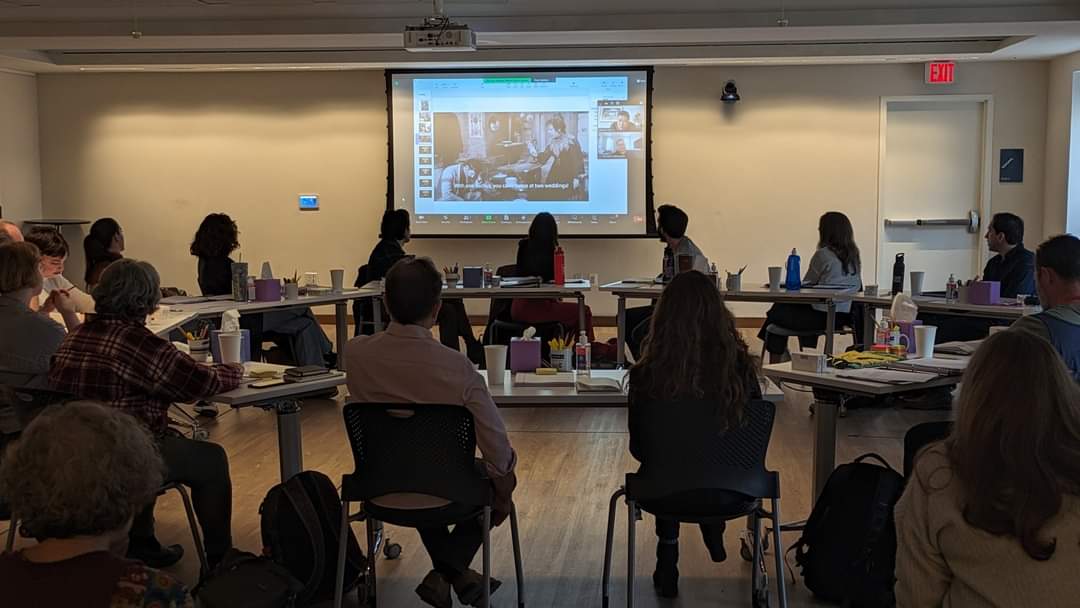Those of you who have been following me know that for a number of years, I’ve been trying to find a way to boost art cinema exhibition in Manhattan above 14th Street, more specifically on the Upper West Side. As stated many times before, the neighborhood is desperately in need of augmenting the good work done by Film at Lincoln Center and New Plaza Cinema. Well, now the word is out. The neighborhood group, New Friends of Metro has put out a press release endorsing my plan to buy the Metro Cinema and turn it into a not-for-profit 5-screen art film cinema, education center and cafe. The full press release is below.

*FOR IMMEDIATE RELEASE*
NEW FRIENDS OF METRO THEATER SUPPORTS UPPER WEST SIDE CINEMA’S PLANS TO REVITALIZE LANDMARKED THEATER, FEATURING A NOTABLE ADVISORY BOARD INCLUDING FAMED FILMMAKERS AND ACTORS
New York, NY [July 17, 2024] – NEW Friends of Metro Theater (NFoMT), the organization dedicated to the cultural revival of the historic community Metro Theater at 2626 Broadway, located between 99th and 100th Streets, has been actively seeking potential buyers to rejuvenate this landmark building, which has remained dormant for nearly two decades. NFoMT has built an open and warm dialogue with the owners – the Bialek family.
NFoMT is notably impressed by the comprehensive and visionary plan put forth by film producer Ira Deutchman with film consultant Adeline Monzier, Founders of Upper West Side Cinema Center, Inc. (UWSC), a not-for-profit dedicated to bringing a world-class art cinema back to the neighborhood.
UWSC’s goal is to purchase and restore the theater into a vibrant five-screen movie house featuring movie classics, foreign films, independent hits, and blockbuster new releases. The plan also includes an education center and a café/lounge open to the street. President of NEW Friends of Metro Theater, Liza Cooper, noted, “Ira & Adeline bring longstanding relationships with national and international cultural institutions such as Film at Lincoln Center, New Plaza Cinema, Woodstock Film Festival, BAM and MOMA, Cinecitta and Unifrance. Additionally, their impressive advisory board, including Martin Scorsese, John Turturro, Ethan Hawke, Mary Harron, Geoffrey Fletcher, Nancy Savoca, Griffin Dunne, Amy Robinson, Bob Balaban and others, give us confidence that they can bring our Metro Dreams to fruition.” Continue reading “Time to Bring Back The Metro”











